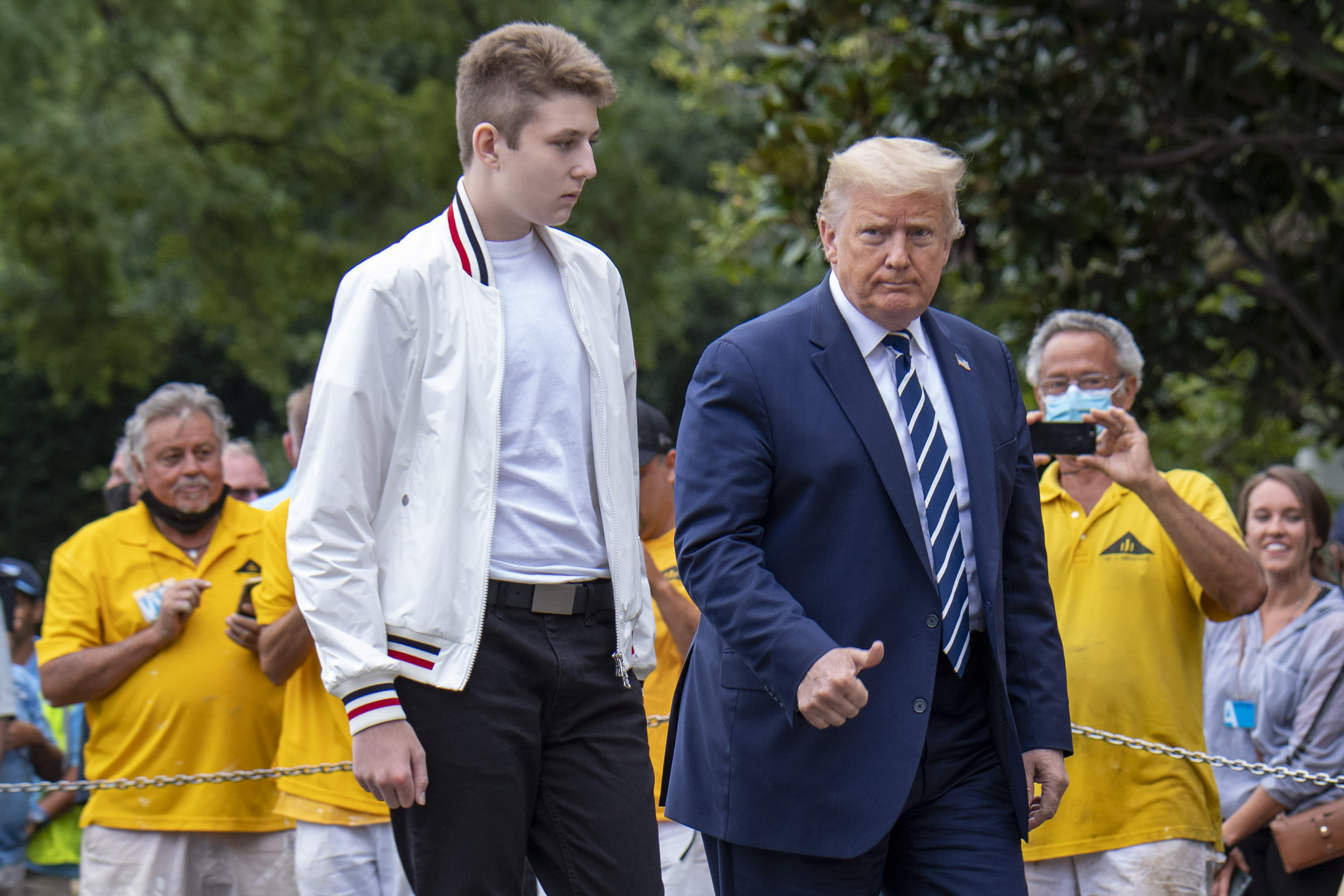The Justice Department often launches investigations to ferret out government leakers, most of which end up going nowhere.
But today, in a move that is likely to alarm journalists and whistleblowers alike, Attorney General Eric Holder's prosecutors announced they had at long last found an alleged culprit: they charged a former National Security Agency official with disclosing classified information to a newspaper reporter about multibillion-dollar agency computer programs that were fraught with problems.
In a 10-count indictment, former NSA senior executive Thomas A. Drake was charged with exchanging "hundreds" of e-mails with the reporter and helping her research her stories about the agency between February 2006 and November 2007.
The indictment doesn't identify the journalist, but a senior law-enforcement official confirmed to Declassified that it is Siobhan Gorman, who at the time of the alleged infractions covered intelligence issues for The Baltimore Sun; she now works the same beat at The Wall Street Journal. Gorman's stories exposing the NSA's computer problems—including those in its multibillion-dollar Trailblazer program aimed at identifying electronic data crucial to the nation's safety—won her a prestigious Sigma Delta Chi award from the Society of Professional Journalists in 2007. (Gorman did not respond to e-mail and phone requests to discuss the case, and a Wall Street Journal spokeswoman declined to comment.)
Among the accusations in the indictment: that between November 2005 and February 2006, Drake set up a special Hushmail e-mail account and (at the request of an unidentified congressional staffer) reached out to Gorman, passing along "classified and unclassified" information from NSA documents. Sometimes, Drake allegedly copied and pasted, or scanned and e-mailed the documents with their classification markings removed.
"As alleged, this defendant used a secret, non-government e-mail account to transmit classified and unclassified information that he was not authorized to possess or disclose," said Assistant Attorney General Lanny A. Breuer in a press release announcing the charges. "As if those allegations are not serious enough, he also later allegedly shredded documents and lied about his conduct to federal agents in order to obstruct their investigation."
Drake's lawyer, James Wyda, a public defender in Baltimore, did not respond to a telephone request seeking comment.
Drake, according to the indictment, served in a number of NSA positions starting in August 2001, when he was hired as the chief of the Change Leadership and Communications Office in the Signals Intelligence Directorate. He later became a Technical Leader in the Directorate of Engineering, where he was responsible for improving efficiency within the agency. In September, 2006, he began teaching at the National Defense University, but he remained a NSA employee until his security clearance was suspended in November 2007.
Although the indictment charges that Drake served as a source for "many" of Gorman's stories—some of which contained supersensitive signals intelligence or SIGINT information—prosecutors didn't charge him with violating the Espionage Act, the most serious crime they could have leveled. Instead, they indicted him with willfully retaining classified information that he was not authorized to have, obstruction of justice, and lying to FBI agents about his alleged role as a leaker.
The case against Drake is not without irony: while the Justice Department during the Bush administration frequently decried leaks and announced its determination to find them, it actually brought no cases against government officials for allegedly disclosing classified information to journalists. It did charge two lobbyists for the American Israel Public Affairs Committee with passing to journalists classified information they had allegedly gleaned from senior government officials. But those charges were later dismissed by a federal judge. In the highest-profile leak probe in years, prosecutors indicted and convicted vice president Dick Cheney's former chief of staff, I. Scooter Libby, for lying about what he knew about the leak of CIA operative Valerie Plame's identity. But Libby was not charged with the actual leak of information to a journalist.
But now the presumably more press-friendly Justice Department of President Obama (which has publicly, if reluctantly, supported a proposed "shield" law to protect reporters' confidential sources) has brought what amounts to the first major leak case in years.
"What's frightening about this is that you can make a case that this guy was doing the public a service, letting them know their tax dollars were being wasted on a program that doesn't work," said Lucy Daglish, executive director of the Reporters Committee for Freedom of the Press. "That's pretty classic public interest reporting."
But after reading the indictment laying out Drake's e-mail trail, Daglish said "it sounds like [the leak] wasn't executed very well. I always tell people, the next time you want to leak, meet on a park bench at the Lincoln Memorial, for God's sake, and turn over an envelope."
The indictment states that the first story for which Drake allegedly provided information was on Feb. 27, 2006. This appears actually to have been a Feb. 26, 2006 front-page story by Gorman in The Baltimore Sun reporting that two technology programs at the heart of the NSA's drive to combat 21st-century threats were "stumbling badly" and hampering the agency's ability to fight terrorism. One of the programs, the story reported, was Cryptologic Mission Management, a $300 milllion computer-software program. Another was code-named Groundbreaker, a multibillion-dollar computer-systems upgrade that frequently got its wires crossed.
As a result of management and technical problems, Gorman wrote, "agency computers have trouble talking to each other and frequently crash, key bits of data are sometimes lost and vital intelligence can be overlooked." In the same story, Gorman quoted a former NSA employee, who she said was "speaking to a reporter for the first time" under the condition of anonymity. "What I am fearful of is: because of all this, we will have a 9/11 Part II," the source was quoted as saying.
A senior Justice Department official rejected the idea that prosecutors were improperly targeting a whistle-blower, who had only the public interest in mind, by bringing a criminal case against Drake. There was, the official said, no indication that the defendant ever first tried to report his concerns to the Justice Department or the NSA's inspector general before leaking classified information to a journalist. There was no internal debate about whether to bring the case, the official said, nor did the department have to take the sometimes controversial step of subpoenaing Gorman to identify her source.
"This was a straight one," the official said. "This case would have been brought under any administration."
Uncommon Knowledge
Newsweek is committed to challenging conventional wisdom and finding connections in the search for common ground.
Newsweek is committed to challenging conventional wisdom and finding connections in the search for common ground.
About the writer
To read how Newsweek uses AI as a newsroom tool, Click here.






